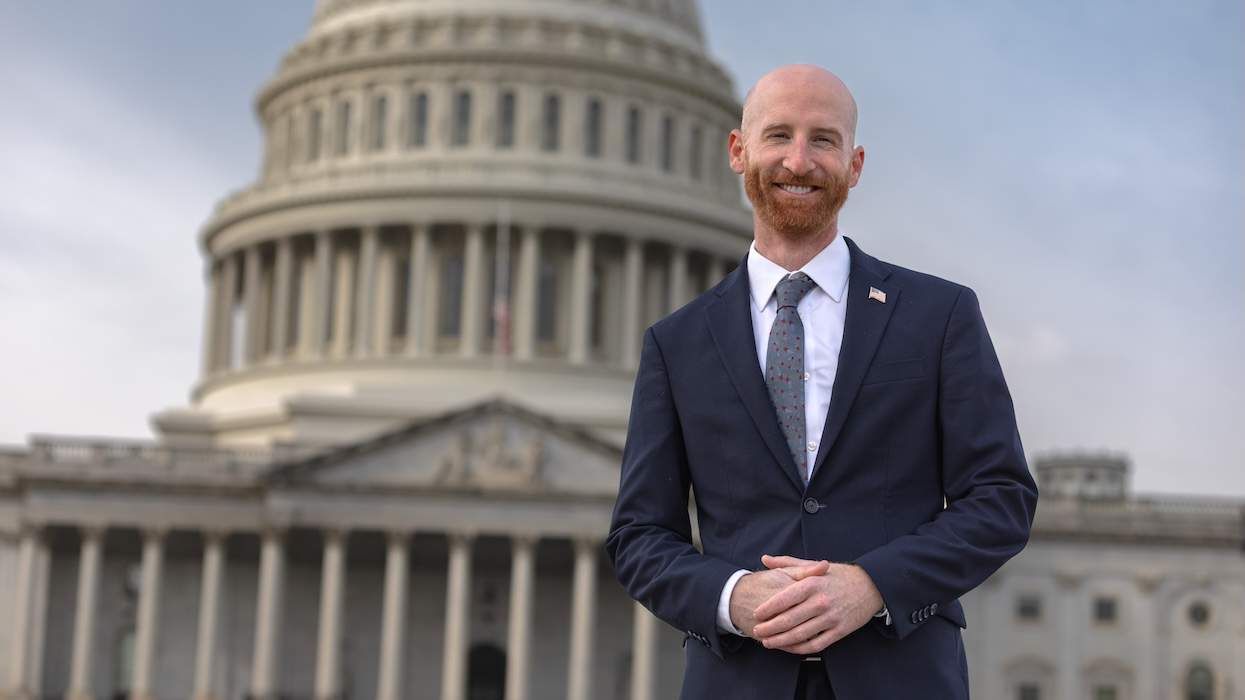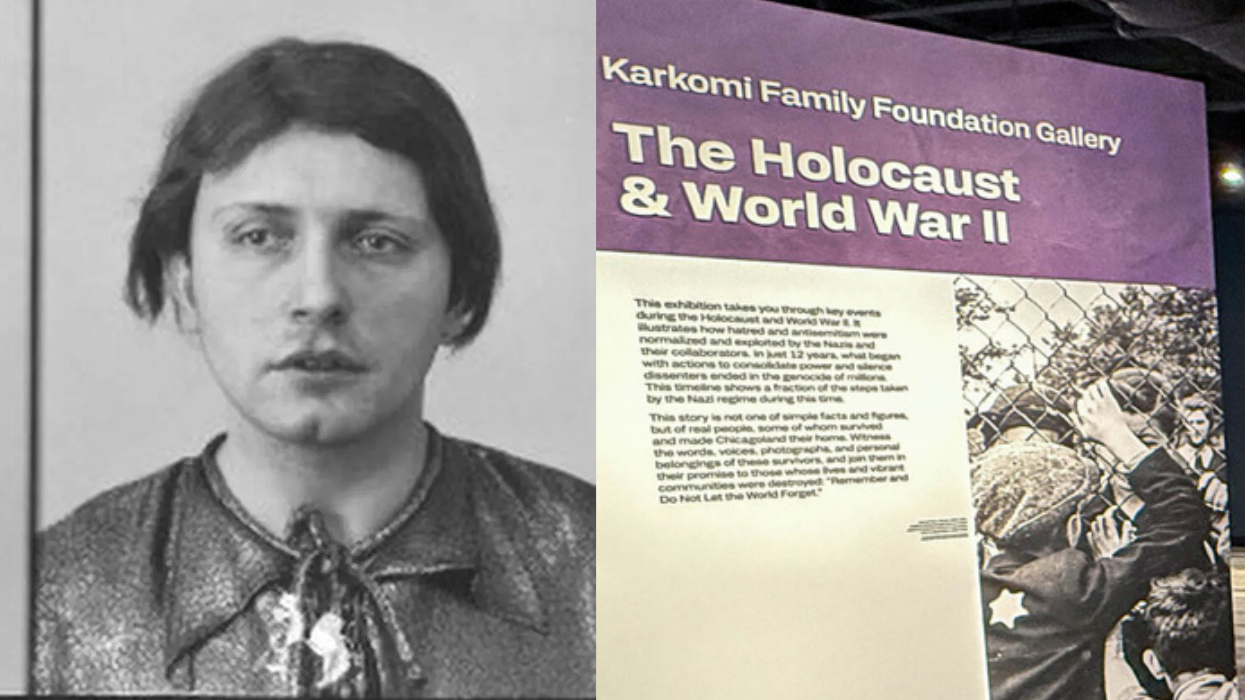It's no secret that our country is currently witnessing a rise in hate crimes and hateful rhetoric. Whether it is coming from our elected leaders or violent white supremacists at rallies, people who are motivated by prejudice and bigotry are feeling emboldened in our current political and cultural climate.
As a gay man in America, I am no stranger to how hate can threaten a person's life. In 2012, my life changed forever when I was shot three times in front of my home in Mobile, Ala. I was in my front yard relaxing after a long day of work when a couple of men walked up behind me and fired shots at me. Three bullets pierced my lung, stomach, and liver and practically destroyed my gallbladder.
The men who shot me were never caught, so I cannot know for certain what motivated them. But the question will always linger in my mind: Did they hurt me because I'm gay? Today, my body carries scars that will forever remind me of my ordeal and how much work we have to do as a country when it comes to hate and violence.
It is for this very reason that I am lending my voice, along with those of other Americans, this month to speak out on suicide as National Suicide Prevention Month concludes.
The fact of the matter is, the harm caused by hate crimes and hate-fueled rhetoric extends beyond the injuries inflicted upon individual victims. The trauma travels far and wide, affecting entire groups and communities, especially children and teenagers. And sometimes, the weight of societal hatred is turned inward in the form of self-harm.
Research shows us that following a violent hate crime, members of the targeted community experience severe symptoms of post-traumatic stress and also take considerable protective measures in response to the incident, including avoiding certain areas, staying home at night, and/or going out less.
And that's not all.
According to a 2014 report, researchers in Boston found that LGBTQ adolescents who lived in neighborhoods with higher rates of violent hate crimes targeting the LGBTQ community were significantly more likely to consider or attempt suicide than those in neighborhoods with lower rates of hate crimes. Overall, suicide attempts are higher in the LGBTQ community for a number of complex societal reasons.
To truly understand the severity of this issue, we need to examine the deadly impact of easy access to guns during a period of personal crisis, as that is often the difference between life and death.
Every day, nearly 58 people die by gun suicide in our country, and the rate by which Americans under the age of 18 are dying by gun suicide is rising. Up until 2007, the rate of child gun suicides was declining in the U.S., but since then, it has increased by 70 percent. As it currently stands, roughly 500 kids die by gun suicide every year, and gun suicides account for nearly half of teen firearm deaths.
It certainly doesn't help that many American children and teenagers are living in homes where firearms are kept unlocked and loaded. Presently, more than one in three children in our country live in a household with a gun, and only half of those households report that their guns are stored locked. And to make matters worse, 80 percent of children who died by gun suicide used a gun from their own home.
It's time for us to create a new reality for our children.
For this year's National Suicide Prevention Month, I urge everyone to find ways to do more to speak out on hate crimes and hate-fueled language in your communities, and to remind parents that there are measures they can take at this very moment to protect their kids.
In 2015, Everytown for Gun Safety and Moms Demand Action for Gun Sense in America launched the Be SMART program, a comprehensive campaign to help prevent tragedies like child and teen suicide. The campaign focuses squarely on doing all we can to protect our kids by storing guns locked, unloaded, and separately from ammunition. This program reminds us that everyone -- gun owners and non-gun owners alike -- can play a part in keeping the children and teens around us safe.
This past year, we have witnessed just how powerful hate can be, how it can permeate all facets of our society and cause irreparable damage to our children and communities, especially as it pertains to suicide. However, we have the power to act, to change the course of where our country is headed and create a world that nurtures and protects our children, regardless of who they are.
WAYNE MCNEIL is an LGBTQ gun violence survivor and a member of the Everytown Survivor Network.




































































Charlie Kirk DID say stoning gay people was the 'perfect law' — and these other heinous quotes